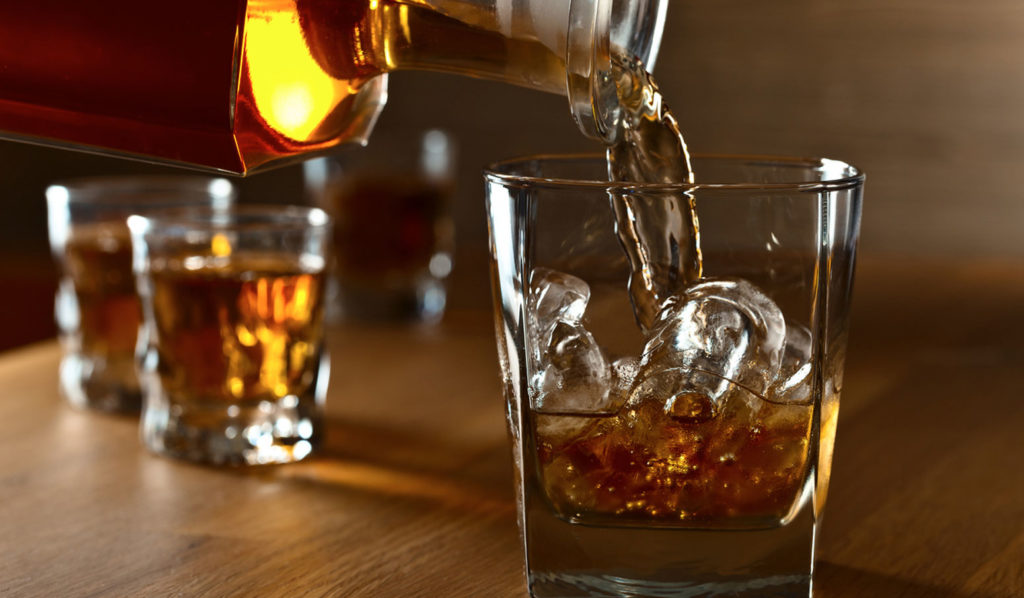A COLLECTION of Irish whiskey recipes – lost to the world for the best part of a century – have been unearthed by a historian and will now come back into production.
Through its pot stills, Boann Distillery in Co Meath will bring vintage mashbills back from the dead and into circulation.
Only 144 casks will be made available to the public, though, meaning the once elusive spirit will remain exclusive.
The whiskey specialists have made thundering progress on the project, as the first casks have already been produced – some of which used ingredients, or mashbills, which date back to the 1800s.
Whiskey historian Fionnan O'Connor – who penned a doctoral thesis on the lost distilling process – is responsible for bringing the lost recipes back to life.
"We're talking to ghosts by distilling these mashbills again," said the thirty-two-year-old Dubliner, who is planning an industry-wide olfactory analysis of the rediscovered spirits, RTE reports.
It will involve a revival of the age-old whiskey crafting techniques, using malted barley, oats, wheat, and rye, resulting in a "tug-of-war" between flavours – based on the percentages of each grain used in the carefully tweaked combinations.
Once the distilling process is over, the raw spirit is converted into 200-250 litre bourbon, rum, NEOC (repurposed French red wine barrels), sherry casks, and matured for at least five years in specialist storage facilities.
After being steeped in the history and theory of the recipes for several years, Mr O'Connor is clearly enthusiastic about seeing them come into the realm of reality.
 (Image: iStock)
(Image: iStock)He told RTE: "The mashbills chosen are creating a map, a language about how all these things might have worked.
"What was the reason for creating a mashbill? What was going through their heads when they were putting them together.
"There's a lot of things you can do to whiskey to influence the taste. The bulk of these mashbills haven't been tasted in over 70 years and the earliest ones I've found come from the early 1800s.
"It would be a shame if all that history and those flavours were lost. This project has been about making up for lost time.
He added: "Many people know the story of Irish distilling's rise and collapse, but the story of the lost tastes and aromas, the knowledge that most of those whiskeys were different to ours, comes as news to most people."
He first came across mashbills in archives in the Republic and Northern Ireland, and lauded Boann's courage and vision in bringing them back into production.
The project will come to a head in several months, when thirty titans of the Irish distilling industry will convene for a tasting session of the mashbills and give their verdict based upon a number of criteria.
Scottish and Irish whiskey connoisseurs will be among the experts lining up to taste the long-forgotten flavours.
Boann managing director Pat Cooney seeks to run, along with his family and 15 employees, "one of the most progressive distilleries in Ireland", RTE reports.
"Every mashbill tastes different, depending on whether there's more barley, less malt, more wheat, less rye," he said.
Taking after the Jameson factory – which is also undergoing a major revamp in its Cork branch – the Mr Cooney is currently building a visitor centre, an online shop, and even diversifying Boann’s spirit collection to launch Silks Irish Gin, named after the local Bellewstown Races – ongoing since 1726.
Boann is offering samples of each different mashbill and will enable customers to book a cask in advance by paying a deposit – and chose the one they want later, after tasting the options.

